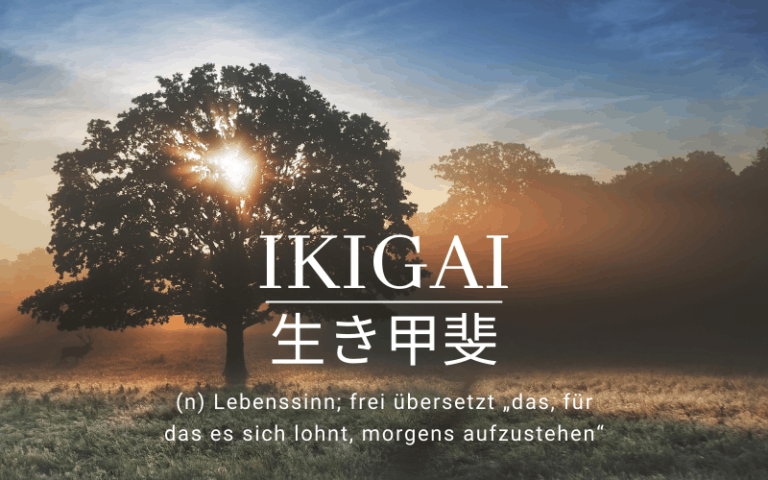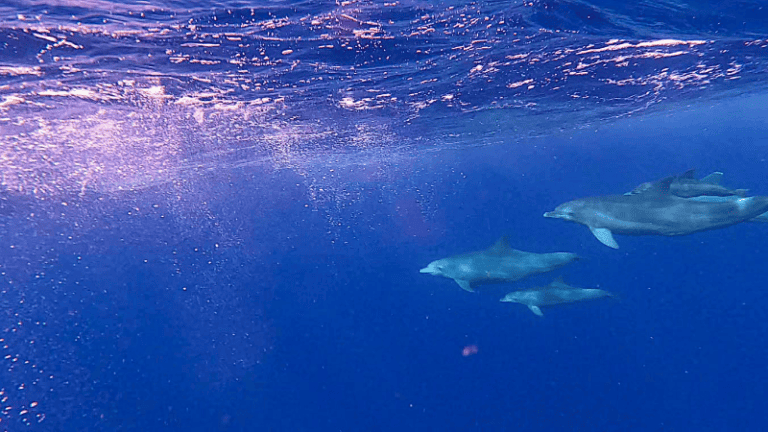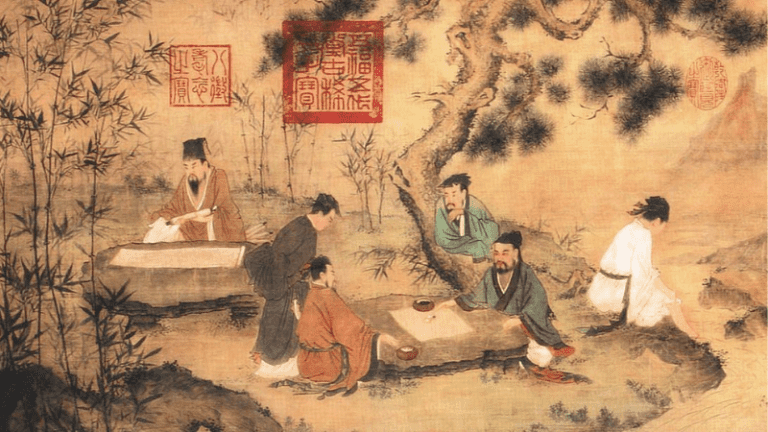Alan Watts Dealing with Pain
As with many other topics, Alan Watts had a very interesting view on dealing with pain. One should not close oneself in front of the pain, but go with it and observe it. How exactly that works, we look at in this article.
Each of us will have been ill at one time or another in our lives. Some tolerate the pain better, some worse. However, one should not reduce one's quality of life more than is necessary. Watts has a few interesting words to say about this.
Watts believed that as humans, we are raised in our society to not give in to pain or illness. And to do this, to be as hard on ourselves as possible, because it would be unmanly or feminine to present the pain. But it is a very dangerous teaching to always be hard and stiff.
Lao Tzu once said:
"Man at birth is supple and tender; in death he is stiff and hard. Plants when young are pliable and soft; but when dead they are brittle and dry. Therefore, suppleness and softness are the companions of life. Brittleness and hardness, on the other hand, are the companions of death."
To put it in other words, there is strength in yielding.
Imagine a cat falling from a tree. As the cat falls, it doesn't think to itself, "I'm going to get completely stiff and hit the ground with full force." If the cat acted that way, after it hit the ground it would be just a broken bag of bones. When the cat is in mid-air, it relaxes. It relaxes its muscles so that when it hits the ground, it makes a soft landing. Through this soft landing, the cat manages to survive the fall without injury.
Another example would be water. Water was also one of the symbols in Lao Tzu`s philosophy, which Watts was happy to embrace. There is hardly anything softer and more yielding than water. At the same moment, however, there is hardly anything that can overcome the hardness of stones as well as water. If you try to cut water with a knife, the water gives way and closes again directly behind the knife. You can try as hard and as often as you can to cut the water, but you will never be able to create a wound. Because of its softness, the water triumphs over the hardness of the knife.
We humans are similar to the knife. We believe that we will suffer less. That we can triumph over our feelings if we just keep them on a short leash. That we can triumph if we keep our feelings close enough.
However, our reactions to pain are therapeutic, they help heal. Our emotions and feelings help heal like a fever helps heal a cold. The fever helps our body kill the pathogens in our body and thus contributes to healing. Of course, fever is not a pleasant thing, yet it helps to get the disease out of the body. In the past, doctors also treated fever, thinking it was part of the disease. This has led to the death of many patients.
This is exactly how many people deal with their pain: they suppress the emotions that help us deal with the pain, thinking the emotions are part of the pain. However, we do not understand that the emotions help us to cope with the pain.
So we should give in to pain, and with it all the emotions and feelings it brings. We should give in like water or young plants do, because if we remain hard and stiff, we will break off in the storm of life. Only those who are soft and pliable to the winds and forces of life can return to their old form when the storm has passed. So surrender to your pains, see where they take you and how you react to them. Don't get stuck on the idea that you are bigger or stronger than the pain. Just remember that like a storm, pain is temporary.
Did you like this article? You can let us inform you about new articles:







